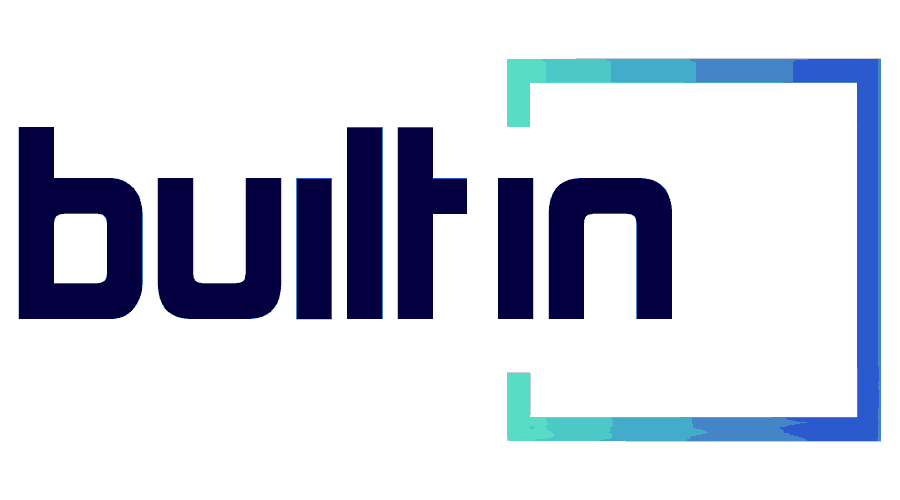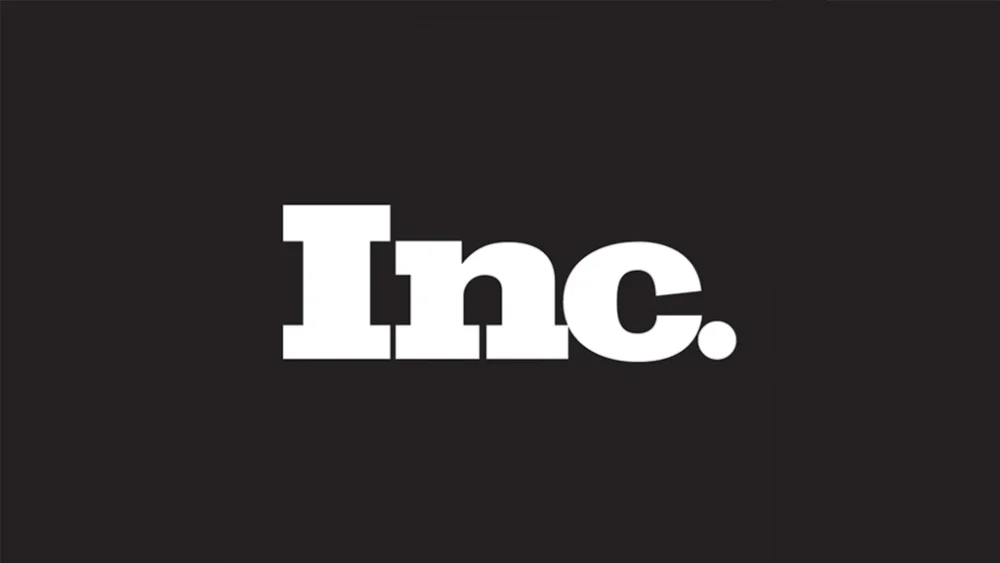More than 100 federal government employees have admitted to or been caught viewing online pornography while at “work” according to a February 2017 investigative report from NBC’s Washington D.C. affiliate. Using the Freedom of Information Act, NBC obtained the investigative files from a dozen federal agencies which revealed some startling information.
There were 24 cases at the Department of Justice alone. One EPA employee, after being caught, admitted to viewing online pornography for 2 to 6 hours daily for years and had over 20,000 elicit images downloaded to his government hard drive. A federal Railroad Administration Employee logged 252 hours of viewing online porn at work in one year. That’s 10 full working days! Other agencies with cases included the Department of Labor, the Department of Transportation, the Postal Service and NASA (giving new meaning to Hidden Figures). Knowing how our tax dollars are being spent will make writing that check to Uncle Sam this year that much tougher.
Although this recent revelation is shocking, in part because it involves government employees, this is not news in the private sector. Multiple studies dating back several years have concluded that 70% of online pornography is viewed between the hours of 9AM to 5PM, which means at work using the employer’s network and equipment.
There are several issues. First, time spent looking at online porn or doing anything else other than work online is theft of time. Secondly, viewing pornography at work violates sexual harassment policies and can lead to hostile work environment claims. In some cases, it can even be a crime if under-age victims are viewed, as was the case with at least one of the government workers interviewed in the NBC investigation (and he worked for the FBI).
All of this means that it is highly likely that almost every employer who looks will find employees using their company computer for something other than work. Whether it is shopping, trolling for dates or looking at pornography, it is costly to employers in lost productivity. The solution is relatively straight forward.
We strongly recommend regular internal audits of employee online activity. Because employers own the network and the equipment, almost everything that happens using them belongs to the employer. The only obligation an employer has before it can search is to ensure that employees have been informed in advance that they should have no expectation of privacy in their use of the work computer or network. That is typically achieved with one sentence in an employee handbook or policy. With that minimum threshold, employers are free to view everything from the content of emails, with whom employees are corresponding (both great ways to see if employees are looking for jobs or getting ready to compete), to what websites they are visiting, how often and for how long. The only caveat is that the New Jersey Supreme Court has held that an employer cannot view attorney-client privileged communications even when it occurs over the employer’s network.
Armed with the results of the audit, employers can terminate, discipline or use a performance improvement plan and re-investigate online activity at an appropriate interval. Some employers have even sued to recover wages paid for an employee’s unproductive time. While we do not recommend expending resources (meaning time and legal fees) on chasing employees for wages, we do recognize that when a government worker can spend 10 work days in a year looking at pornography, asking for a tax refund is tempting.
We have created protocols and guidelines for employers to conduct these audits so they are done in a logical, organized and consistent manner to maximize their effectiveness and to ensure that they are legally safe. Let us know if you are interested.








